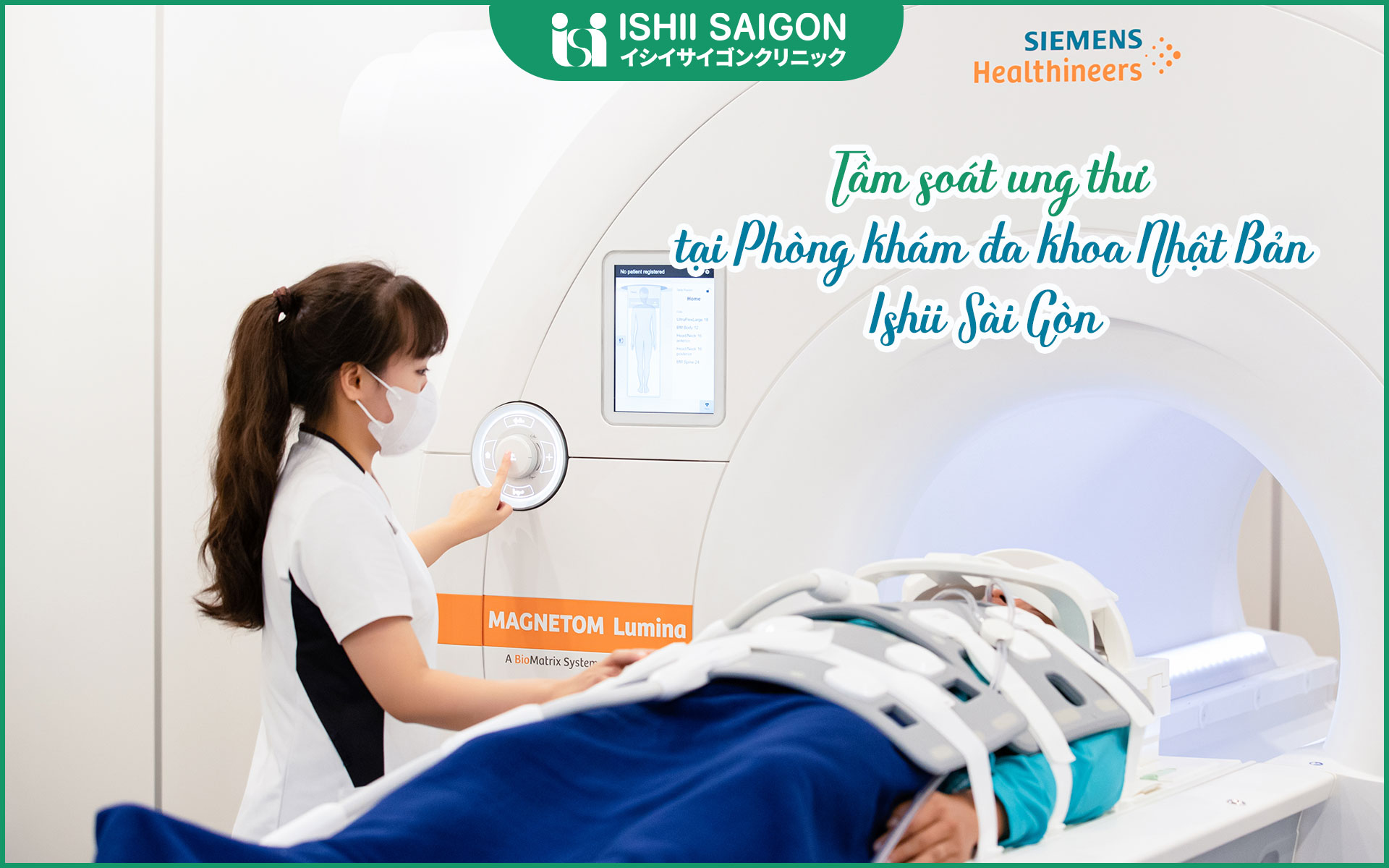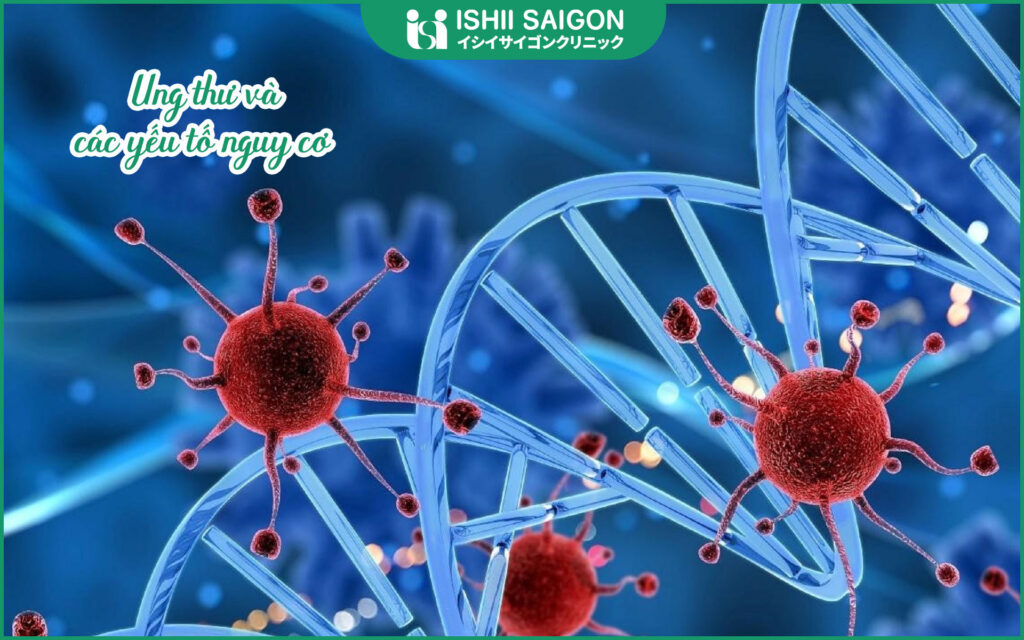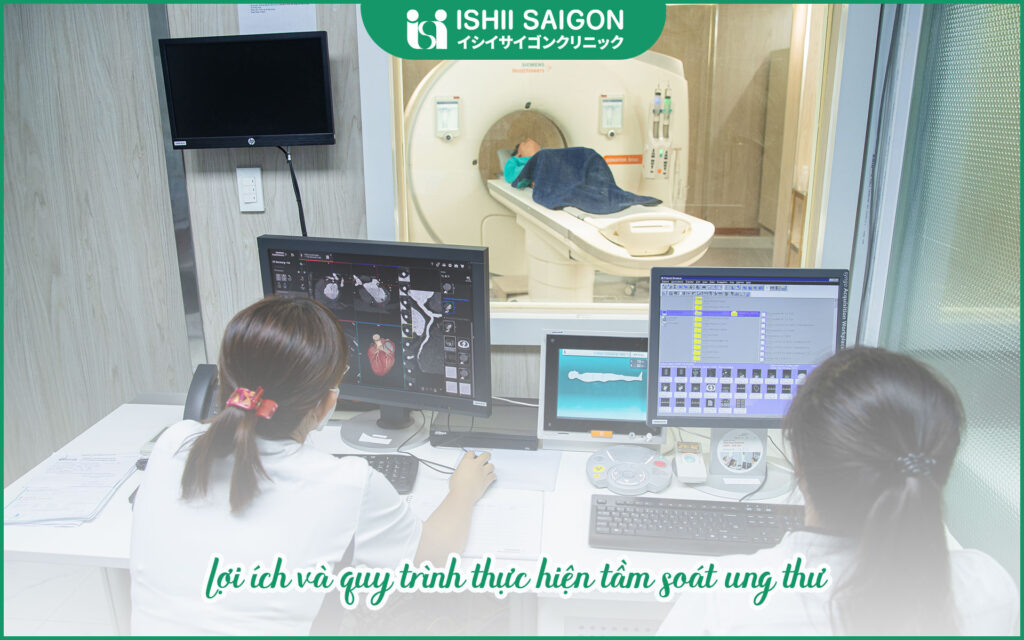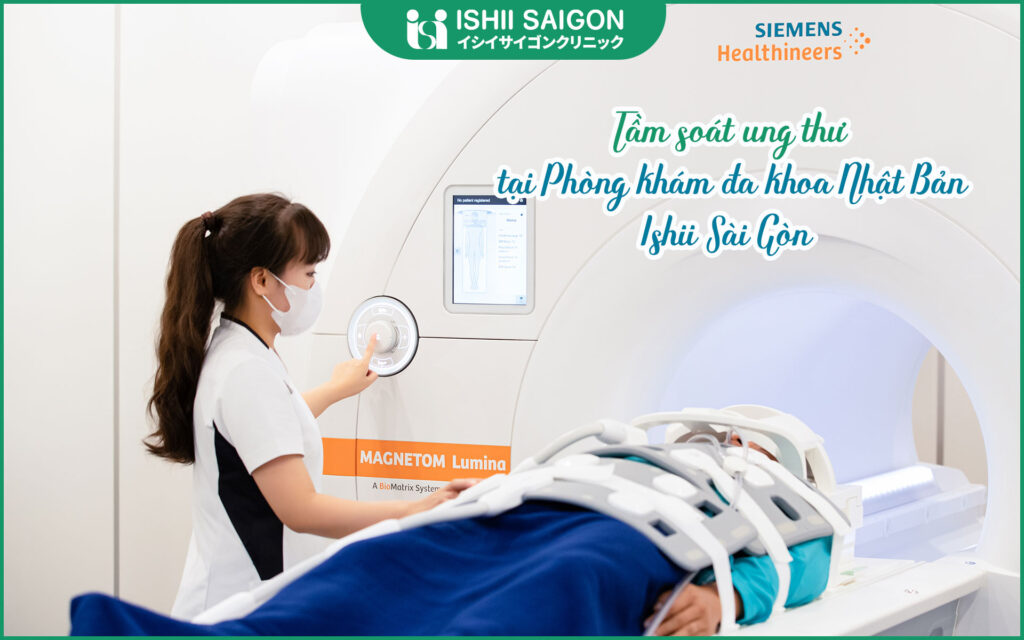
Cancer is one of the most dangerous diseases today, affecting millions of people worldwide. Despite many advancements in cancer treatment, prevention and screening remain crucial factors in reducing the risk of the disease. In this article, we will explore cancer prevention and screening methods, from recognizing risk factors to effective ways to protect your health.
Understanding Cancer and Risk Factors
Cancer is a group of diseases involving abnormal cell growth in the body. These cells have the ability to divide uncontrollably and invade other tissues and organs. There are many different types of cancer, including breast cancer, lung cancer, colorectal cancer, and many others. Each type of cancer has its own causes and manifestations, but overall, all cancers have serious impacts on health.
Cancer Risk Factors
There are many factors that can increase the risk of developing cancer, including:
- Genetic factors: Some people with a family history of cancer have a higher risk. Inherited genes can play an important role in determining the likelihood of developing the disease.
- Environment: Air pollution, toxic chemicals, and exposure to radiation can contribute to the development of cancer.
- Lifestyle: Unhealthy eating habits, lack of exercise, and the use of tobacco or alcohol are all major risk factors.

Recognizing Early Symptoms
Recognizing early symptoms of cancer can help with timely detection of the disease. Some signs to watch for include:
Changes in urinary or digestive habits.
Appearance of a painless lump or mass.
Unexplained weight loss.
Persistent fatigue.
Regular health monitoring and consulting a doctor when experiencing unusual symptoms are very important.
Effective Cancer Prevention Methods
Maintain a healthy lifestyle
One of the most effective ways to prevent cancer is to maintain a healthy lifestyle. This includes eating a balanced diet, exercising regularly, and getting enough sleep.
- Diet: Eat plenty of fruits, vegetables, whole grains, and limit processed foods, foods high in sugar, and saturated fats. Research shows that a diet rich in antioxidants can help protect cells from damage.
- Physical activity: Exercising for at least 30 minutes each day can help improve overall health and reduce the risk of cancer. Activities such as walking, jogging, swimming, or yoga all offer health benefits.
Weight management
Being overweight and obese are major risk factors for many types of cancer, including breast cancer, colorectal cancer, and uterine cancer. Managing weight through a balanced diet and regular exercise is very important.
- Monitor BMI: Body Mass Index (BMI) is a useful indicator for assessing weight status. Keeping your BMI within the normal range can help reduce the risk of disease.
- Limit calories: Restricting daily calorie intake and increasing physical activity can help maintain stable weight.
Avoid carcinogens
Many chemicals and environmental factors can cause cancer. Avoiding these substances is an important part of cancer prevention.
- Do not smoke: Tobacco is a major cause of many types of cancer, especially lung cancer. Quitting smoking not only reduces cancer risk but also improves overall health.
- Limit exposure to harmful chemicals: If you work in a high-risk environment, be sure to follow safety measures and use protective equipment.

Cancer Screening: Benefits and Procedures
What is cancer screening?
Cancer screening is the process of regularly checking health to detect cancer at an early stage, before symptoms appear. Screening increases the chances of successful treatment and reduces the mortality rate from cancer.
Benefits of Cancer Screening
Cancer screening offers many benefits, including:
- Early detection: Discovering cancer at an early stage can improve survival rates and minimize the need for complex treatments.
- Reduced anxiety: Knowing your health status can help alleviate anxiety and stress related to not knowing whether you have the disease.
Cancer Screening Procedures
The cancer screening process usually includes the following steps:
- Regular health check-ups: The doctor will conduct a general health examination and ask about your medical history.
- Tests: Depending on age, gender, and risk factors, the doctor may recommend tests such as a mammogram, colonoscopy, or blood tests.
- Imaging: The doctor may order CT scans or MRIs to achieve the best results in visually diagnosing signs of cancer.
- Monitoring results: After receiving the test results, the doctor will advise on the next steps if there are any abnormal findings.

The Role of Nutrition and Lifestyle in Cancer Prevention
Proper Nutrition
Nutrition is one of the most important factors in cancer prevention. A healthy diet not only helps maintain overall health but can also reduce the risk of developing the disease.
- Antioxidants: Foods rich in antioxidants, such as fruits and vegetables, have the ability to protect cells from damage. Vitamins C, E, and beta-carotene are important antioxidants.
- Fiber: A diet high in fiber can help reduce the risk of colorectal cancer. Good sources of fiber include whole grains, fruits, and vegetables.
Active Lifestyle
An active lifestyle includes not only nutrition but also daily habits and routines.
- Reduce stress: Stress can negatively impact health and increase the risk of disease. Stress-reducing methods such as yoga, meditation, and exercise can help improve mood and overall health.
- Get enough sleep: Adequate and quality sleep also plays a crucial role in maintaining health. Lack of sleep can weaken the immune system and increase the risk of illness.
Regular health check-ups
Regular health check-ups are an important part of cancer prevention. Monitoring health regularly helps detect issues early and allows for timely intervention.
- General health examination: Visit your doctor regularly for a comprehensive health check-up and receive advice on cancer prevention measures.
- Regular testing: Depending on age and risk factors, the doctor may recommend appropriate cancer screening tests.
Some notes
Consult a specialist
Before undertaking any preventive measures, you should consult with a doctor or medical specialist. They can help you identify risk factors and provide appropriate advice.
Do not self-diagnose
Self-diagnosing and self-treating can lead to serious consequences. If you have any concerning symptoms, see a doctor for timely consultation and treatment.
Regular health monitoring
Regular health monitoring is crucial for early cancer detection. Maintain a routine of regular health check-ups and follow the screening tests as advised by your doctor.
Frequently Asked Questions
Can cancer be completely prevented?
Although cancer cannot be completely prevented, implementing preventive measures can reduce the risk of developing the disease.
When should I start cancer screening?
The timing for starting cancer screening depends on age, gender, and individual risk factors. Consult your doctor to determine the appropriate time.
Should I change my lifestyle if I have no risk factors?
Even without obvious risk factors, maintaining a healthy lifestyle is still essential for protecting your health and preventing illness.
Conclusion
Cancer prevention and screening is a crucial topic for public health. By understanding cancer, identifying risk factors, and applying effective preventive measures, we can reduce the risk of the disease. Additionally, regular cancer screening plays a vital role in early detection and timely treatment. Take care of your health and that of your family by maintaining a healthy lifestyle and implementing cancer prevention measures starting today.






